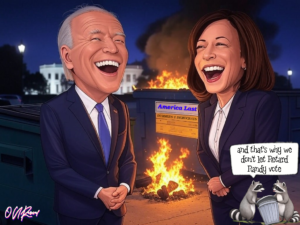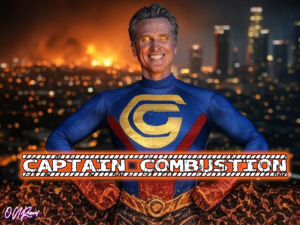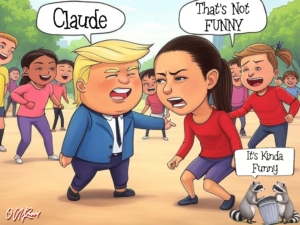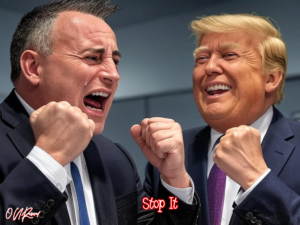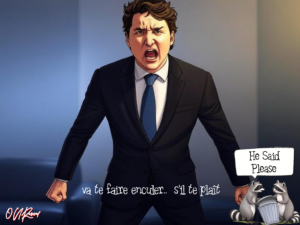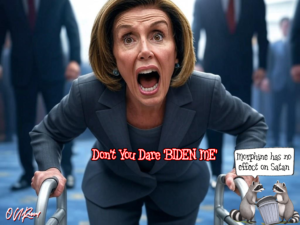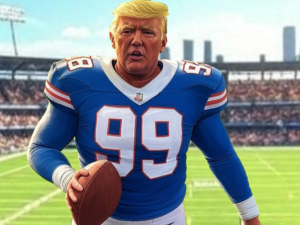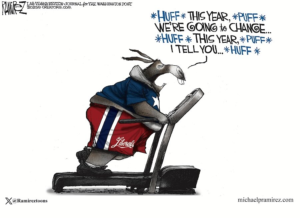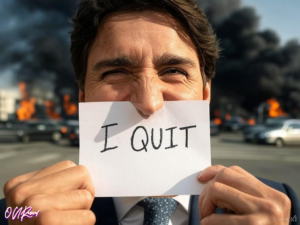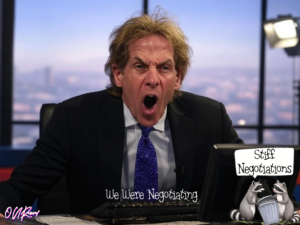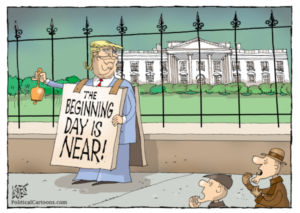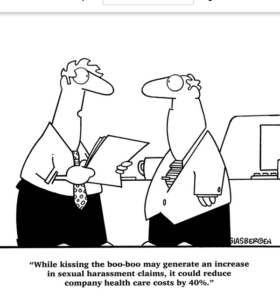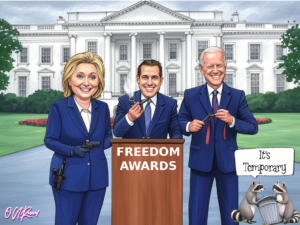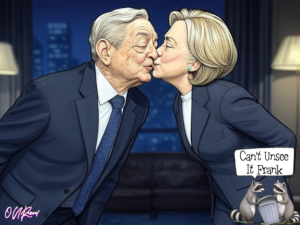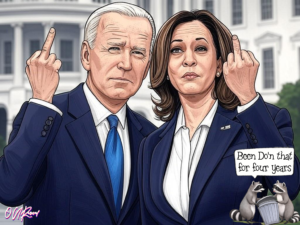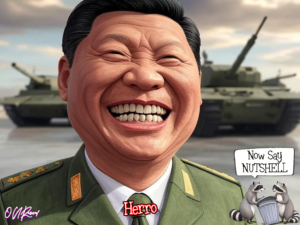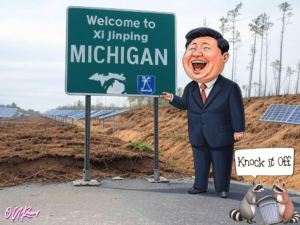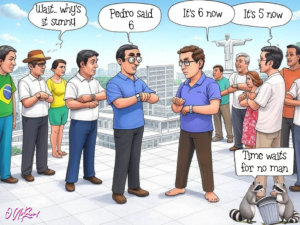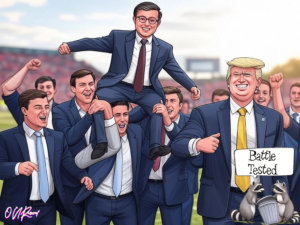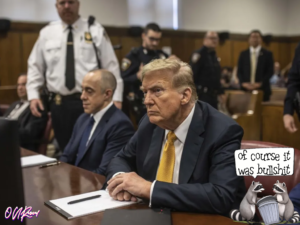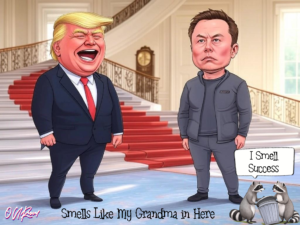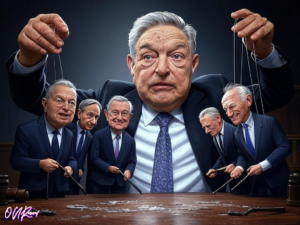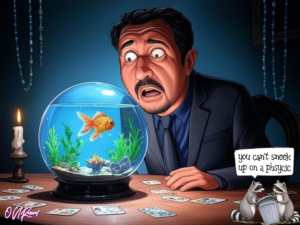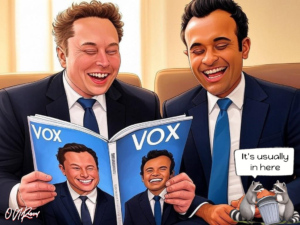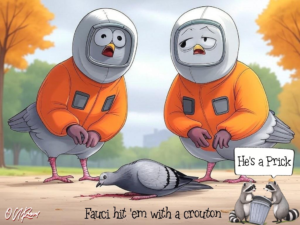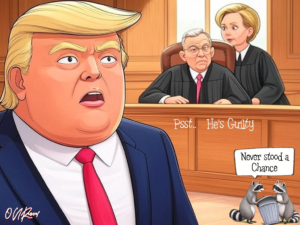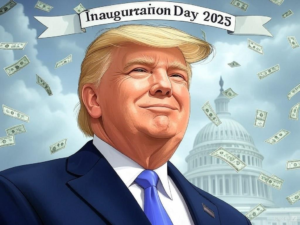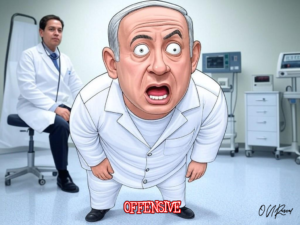Iran’s Secret Military Boost from Russia Amid Nuclear Talks: What Trump Might Do and China’s Role
In a revelation that could reshape the geopolitical landscape, Iran has reportedly been conducting clandestine diplomatic missions in Russia, not to seek peace, but to bolster its military and defense capabilities. This development comes at a critical juncture as negotiations with Western powers to revive the Joint Comprehensive Plan of Action (JCPOA), commonly known as the Iran nuclear deal, loom on the horizon. With Donald Trump’s recent return to the presidency, the dynamics of this situation could see dramatic changes.
The Covert Connection:
Information gleaned from various sources indicates that these secret missions aim to strengthen Iran’s military prowess, particularly in nuclear technology and air defense systems. Posts on X have highlighted concerns from Western intelligence about Iran’s deepening relationship with Russia, where Moscow could be crossing previously set “red lines” regarding assistance on Iran’s nuclear program. This strategic partnership is viewed with alarm as it appears Russia might be sharing sensitive technology and information that could expedite Iran’s path to nuclear capability, in exchange for military support like missiles and drones from Iran for Russia’s ongoing conflicts, notably in Ukraine.
Trump’s Potential Response:
The return of Donald Trump to the White House could significantly alter the U.S. approach to these developments:
Reinstatement of “Maximum Pressure”: Trump’s previous administration withdrew from the JCPOA and implemented a “maximum pressure” campaign against Iran, which included severe economic sanctions. He might opt to intensify this approach, aiming to isolate Iran further and force it back to serious negotiations or into compliance with U.S. demands.
Military Posturing: Trump could increase U.S. military presence or activities in the Middle East to counteract the perceived threat of an Iran-Russia military alliance. This could involve bolstering support for allies like Saudi Arabia and Israel, who are directly threatened by Iran’s regional ambitions.
Direct Diplomacy with Russia: Trump has historically shown a preference for direct negotiations with leaders like Putin. He might engage directly with Russia to dissuade them from aiding Iran’s military advancements, using trade deals or other diplomatic incentives or threats.
China’s Role in the JCPOA:
China’s involvement in the JCPOA has been pivotal, and its stance could influence the future of the deal:
Mediator or Spoiler: China has the potential to play either a constructive or disruptive role. Historically supportive of the JCPOA, China could push for its reinstatement if it sees an opportunity to gain strategic leverage in the Middle East or against the U.S. However, if China perceives that a stronger Iran might benefit its interests against U.S. influence, it might quietly support or turn a blind eye to Iran’s military enhancements.
Economic Incentives: China might leverage its economic power, particularly through investments in Iran or through the Belt and Road Initiative, to influence Iran’s compliance with or deviation from the JCPOA.
Balancing Act with Russia: Given the Sino-Russian partnership, China could coordinate with Russia to ensure that Iran’s military enhancements do not lead to an uncontrollable escalation that could destabilize the region or impact Chinese investments.
Implications for U.S. National Security:
From an American national security perspective, this scenario is fraught with peril. The U.S., alongside its allies, has long been concerned about Iran’s nuclear ambitions, especially in a region already volatile with conflicts and proxy wars. The possibility that Russia is aiding Iran in circumventing international controls could lead to:
A more militarized Iran, capable of challenging regional stability more assertively.
An emboldened Iran at the negotiation table, potentially demanding more concessions from the West.
Escalation of tensions in the Middle East, where any advancement in Iran’s nuclear or missile technology could prompt responses from Israel or Saudi Arabia.
The Way Forward:
As Trump’s administration prepares for these negotiations, the intelligence community will likely intensify surveillance and analysis of these covert activities. There’s also a push for closer coordination with European allies who share concerns over Iran’s nuclear program. The U.S. might need to balance the carrot of diplomacy with the stick of potential military or economic measures to ensure Iran does not leverage its secret alliances for nuclear advantage.
The narrative of peace talks juxtaposed with covert military enhancement paints a picture of a chess game where every move has global repercussions. With the clock ticking towards the resumption of nuclear talks, the U.S. must act with both caution and resolve to safeguard not only its interests but the stability of an already tense international order.


